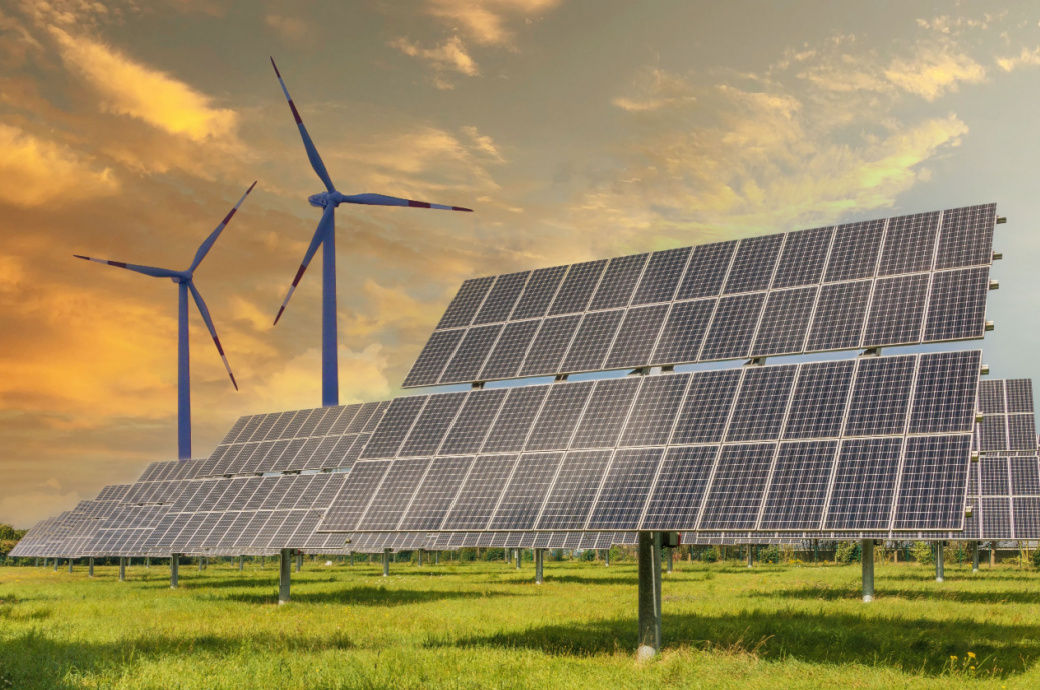
“We are utilising this agreement to pursue the Philippine Energy Plan [2020-2040] that works towards energy security,” Fuentebella said.
Under the plan, the department is paving the path in moving toward a clean energy future by pursuing policies that would attract more investments in renewable energy, institutionalising energy efficiency and conservation programmes, and promoting the use of clean energy.
RCEP will allow the country to attract more energy investments, which is capital-intensive and would require technology transfer, Fuentebella said.
“The Department of Energy believes that investments, energy security, and access to technologies are inevitable. Why we have concurred with this agreement is, one, we need investments. It is our view that the energy sector is a capital-intensive undertaking, where Filipino capital may not be sufficient,” he was quoted as saying by a news agency.
“International energy cooperation is seen as vital in pursuing collaborative activities with other countries to realise our goal to have self-sufficiency, energy security, and sustainability,” he added.
The Philippines is the only signatory country in RCEP that has not yet concurred with the FTA.
The Philippine senate is still hearing some industries, especially the agriculture sector, which aired their concerns on the possible negative impact of the regional pact on domestic players.
Fibre2Fashion News Desk (DS)